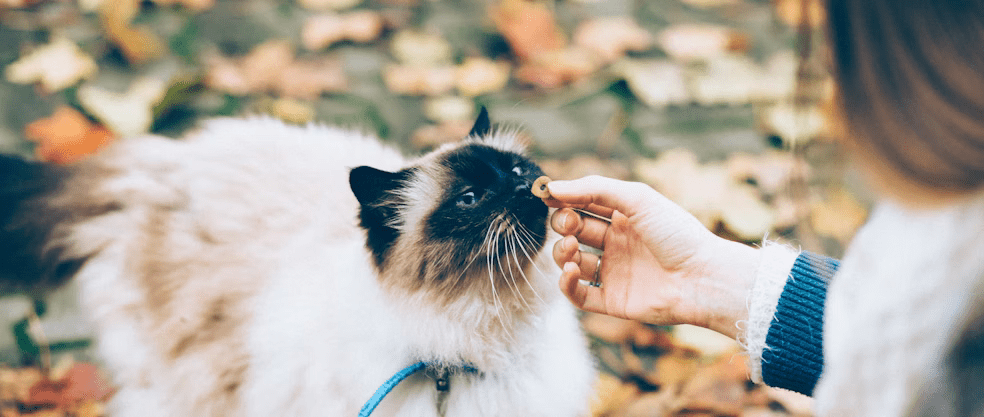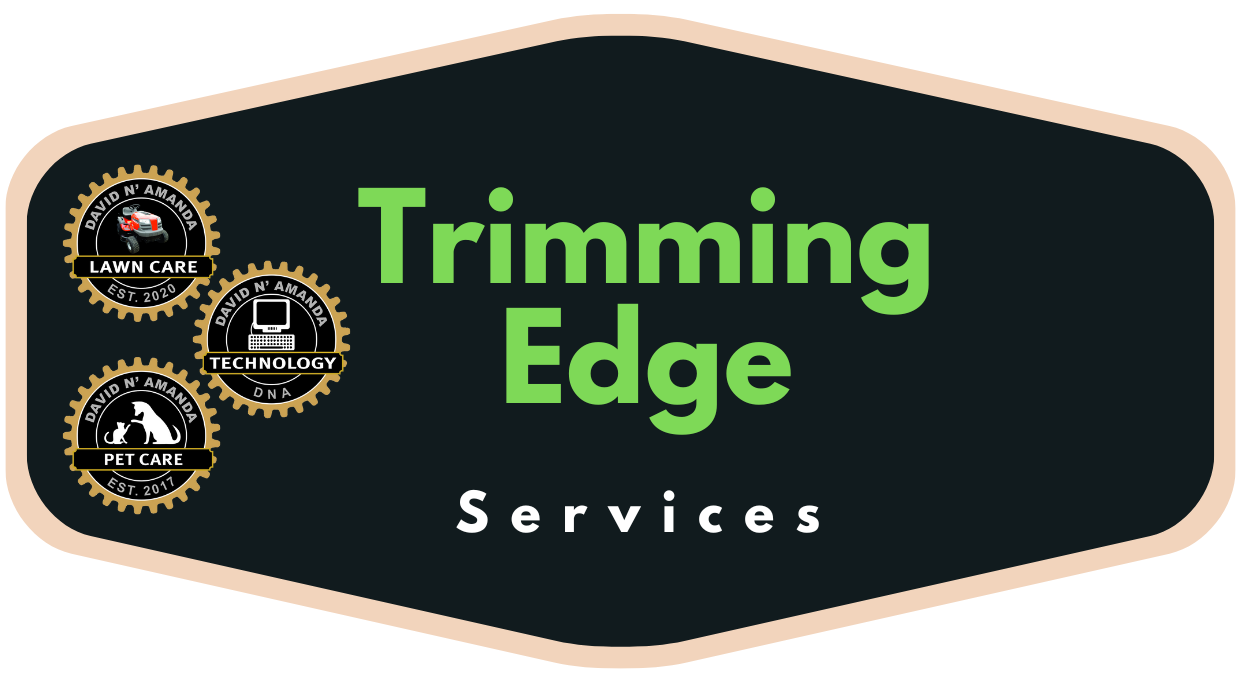
Choosing the right pet food for your cat is paramount to its overall well-being and longevity. The appropriate nutrition plays a critical role in maintaining your cat’s health, ensuring that it remains active and content. Cats have specific dietary needs that differ significantly from other pets, necessitating a careful selection of their food to meet those unique requirements.
Proper nutrition is essential for your cat’s immune system to function effectively. High-quality pet foods are often formulated with the right balance of proteins, vitamins, and minerals that are indispensable for optimal health. A diet deficient in essential nutrients can impair immune function, leaving your cat more susceptible to infections and diseases.
The right pet food also plays a significant role in preventing common health issues. For instance, choosing a diet with an appropriate caloric content helps avoid obesity, a prevalent problem in domestic cats that can lead to severe conditions like diabetes and joint problems. Additionally, specialized dental diets can help reduce tartar buildup, contributing to better oral health and preventing dental issues that could lead to pain and tooth loss.
Furthermore, the selection of appropriate cat food can aid in preventing kidney disease, which is a major concern, particularly in older cats. Foods low in phosphorus and carefully balanced in protein are beneficial in mitigating the risk of kidney-related problems. Additionally, the right hydration levels, whether through wet food or encouraging water intake, significantly contribute to maintaining kidney health.
In summary, the importance of choosing the right pet food for your cat cannot be overstated. It ensures that your feline friend receives all necessary nutrients, thereby supporting its immune system, preventing obesity, maintaining dental health, and curbing kidney disease. By making informed decisions about your cat’s diet, you can significantly enhance its health, ensuring a happier, healthier life for your pet.
Understanding the Basics of Cat Nutrition
Cats possess unique dietary requirements that set them apart from dogs and humans. At the core of feline nutrition lies a need for a high-protein diet, essential for their overall health and well-being. Unlike omnivores, cats are obligate carnivores, meaning their diet must primarily consist of meat. This requirement stems from their evolutionary background and the specific nutritional components they derive from animal tissues.
Protein is crucial in a cat’s diet as it provides essential amino acids like taurine, arginine, and lysine. Taurine, for instance, is vital for maintaining healthy vision, cardiac function, and reproductive health. Unlike dogs and humans, cats cannot synthesize adequate taurine from other amino acids, making animal-based proteins indispensable. Arginine plays a significant role in detoxifying ammonia in the body and maintaining kidney health, while lysine aids in overall growth and tissue repair.
Fats, another critical component, supply essential fatty acids such as arachidonic acid and omega-3 and omega-6 fatty acids. These fatty acids are vital for maintaining skin and coat health, supporting immune function, and promoting cognitive development. Additionally, fats serve as a concentrated energy source, which is crucial given cats’ high metabolic rates.
Vitamins and minerals form another cornerstone of feline nutrition. Vitamins like A, D, and E are imperative for various bodily functions. Cats, for instance, cannot convert beta-carotene to vitamin A, making preformed vitamin A from animal sources essential. Minerals such as calcium, phosphorus, and magnesium contribute to bone health, muscular function, and enzymatic activity.
Balancing between dry and wet food is also a critical aspect of cat nutrition. While dry food offers convenience and dental benefits, it is often lower in moisture. Wet food, on the other hand, provides higher moisture content, beneficial for urinary health, and generally has higher protein and lower carbohydrate levels. A combination of both can offer a balanced diet that caters to all nutritional needs while ensuring hydration.
Why Hard Food is Essential for Dental Health
Feeding your cat hard, dry food plays a crucial role in maintaining optimal dental health. Unlike soft or moist alternatives, hard kibble provides a natural abrasive action during chewing, which helps to reduce the accumulation of plaque and tartar on your cat’s teeth. This reduction is significant in preventing common dental diseases such as gingivitis and periodontal disease.
When cats chew on hard food, the mechanical action works to clean the surfaces of their teeth. This is particularly important as cats have a natural propensity to develop dental issues due to their carnivorous diet, which can be high in meat-based proteins but low in other elements that promote oral hygiene. Hard kibble helps to combat this by requiring more effort to chew, thereby cleaning the teeth more effectively compared to soft food options.
There are various types of hard food formulated to enhance dental health. For example, many manufacturers produce dental diets that include special shaped kibble designed to scrub the teeth more thoroughly. These types of kibble are often larger or have a textured surface, which increases the contact area between the food and the teeth, promoting better cleaning action. Additionally, some hard foods are infused with dental-specific additives such as polyphosphates, which can help to bind calcium in the mouth and prevent the formation of tartar.
It is essential to select the right type of hard food tailored to your cat’s specific needs. Consulting with a veterinarian can provide valuable insights into which kibble will be most effective for your cat’s dental health. While regular consumption of hard food can significantly benefit your cat’s oral hygiene, it should be part of a balanced diet, complemented by other dental care practices such as regular brushing and periodic veterinary dental checkups.
The Role of Soft Food for Coat and Kidney Health
Soft, wet food plays an essential role in maintaining both the coat and kidney health of cats. Given the higher water content found in soft food compared to dry food, it provides superior hydration, an aspect particularly beneficial for felines. Cats are often not spontaneous drinkers, making their hydration needs a challenge to meet through liquid intake alone. Wet food addresses this hurdle efficiently, ensuring they stay adequately hydrated. This hydration is crucial for the overall function of the kidneys, a critical health concern since cats are intrinsically prone to urinary and kidney disorders.
Another noteworthy aspect is the nutritious composition of soft food. Quality wet food is typically enriched with essential fatty acids such as Omega-3 and Omega-6. These nutrients are key contributors to a shiny, healthy coat. Fatty acids help enhance skin health and reduce inflammation, which often translates to less shedding and fewer instances of dermatitis. Additionally, protein content in soft food is often higher and of better quality than in dry variants, promoting muscle upkeep while also benefiting other bodily functions.
Moreover, the palatability of wet food shouldn’t be underestimated. Cats are notoriously finicky eaters, and the enticing aroma and texture of soft food often make it more appealing. This advantage ensures that cats get a nutritionally balanced diet by encouraging more consistent eating habits. Being nutritionally dense, soft food assists in maintaining a healthy weight, minimizing the risk of obesity—a factor that can further strain kidney function.
It is essential, however, to choose high-quality wet food. Checking labels for premium ingredients and avoiding excess fillers or artificial additives can make a significant difference. Consulting with a veterinarian can also provide tailored recommendations to suit specific health needs. By incorporating soft food into your cat’s diet, you address both their hydration and nutritional requirements, fostering a healthier, happier life.
The Hydration Factor: Water Intake Through Food
Cats have a unique evolutionary history that has shaped their water intake habits. Originating from desert climates, they naturally exhibit a low thirst drive. Unlike dogs and many other pets, cats tend to drink minimal amounts of water. This makes the moisture content in their food an essential component of their hydration strategy. Ensuring that your cat receives adequate hydration is vital for preventing conditions such as urinary tract infections, kidney issues, and other related health problems.
One of the most effective ways to enhance your cat’s hydration is through the inclusion of wet food in their diet. Wet food, typically available in canned or pouch forms, generally contains about 70-80% water. This high moisture content mirrors the natural prey diet of wild cats, which is composed predominantly of water-rich animals. Additionally, the palatability of wet food encourages cats to consume more, further aiding in meeting their hydration needs.
While dry kibble is convenient and often more affordable, it contains only about 10% moisture. Relying solely on dry food can put a strain on your cat’s hydration, making it necessary to monitor their water intake closely. Combining both wet and dry food can provide a balanced diet and help maintain optimal hydration. For instance, serving wet food at least once or twice a day can significantly boost your cat’s moisture intake, while dry food can be given for variety and dental benefits.
In addition to dietary adjustments, encouraging regular water intake is crucial. Providing access to fresh, clean water at all times is essential. Some cats are attracted to running water, so a cat fountain might be an effective way to stimulate their drinking behavior. Another tip is to place multiple water dishes around your home, ensuring easy access for your feline friend.
Ultimately, recognizing the importance of water intake through food can be a game-changer in maintaining your cat’s health. By strategically incorporating wet food and encouraging water consumption, you can help ensure that your cat remains well-hydrated and healthy.
Choosing the Best Pet Food: Tips and Recommendations
Choosing the right pet food for your feline companion is crucial for ensuring their health and well-being. When selecting high-quality pet food, it’s important to consider several factors, including the nutritional content, ingredient quality, and the specific dietary needs of your cat.
One of the primary aspects to examine is the ingredient list. Look for pet foods that feature high-quality, named animal proteins as the first ingredient, such as chicken, turkey, or fish. These proteins should be easily identifiable rather than generic terms like “meat by-products.” High-grade sources of protein are essential for maintaining your cat’s muscle mass and overall health.
Equally important is to steer clear of artificial additives, including colors, flavors, and preservatives. These substances can be harmful to your cat over time. Additionally, avoid pet foods with a high content of fillers such as corn, soy, and wheat. These ingredients provide minimal nutritional value and can contribute to digestive issues.
Another critical component is the balance of nutrients. A well-rounded cat food should contain the right proportions of proteins, fats, and carbohydrates. Furthermore, essential vitamins and minerals such as taurine, Vitamin E, and Omega-3 fatty acids should be present to support your cat’s heart health, coat, and immune system.
When it comes to selecting a specific brand, some reputable options include Royal Canin, Hill’s Science Diet, and Blue Buffalo. These brands are known for their focus on high-quality ingredients and balanced nutrition.
Transitioning your cat to a new type of food should be done gradually to prevent gastrointestinal discomfort. Start by mixing a small amount of the new food with their current diet, incrementally increasing the proportion over a week or more until the transition is complete. Monitoring your cat’s response to the new food during this period is also recommended.

Comments are closed